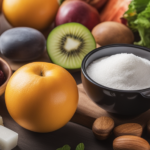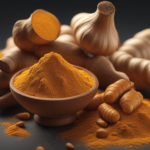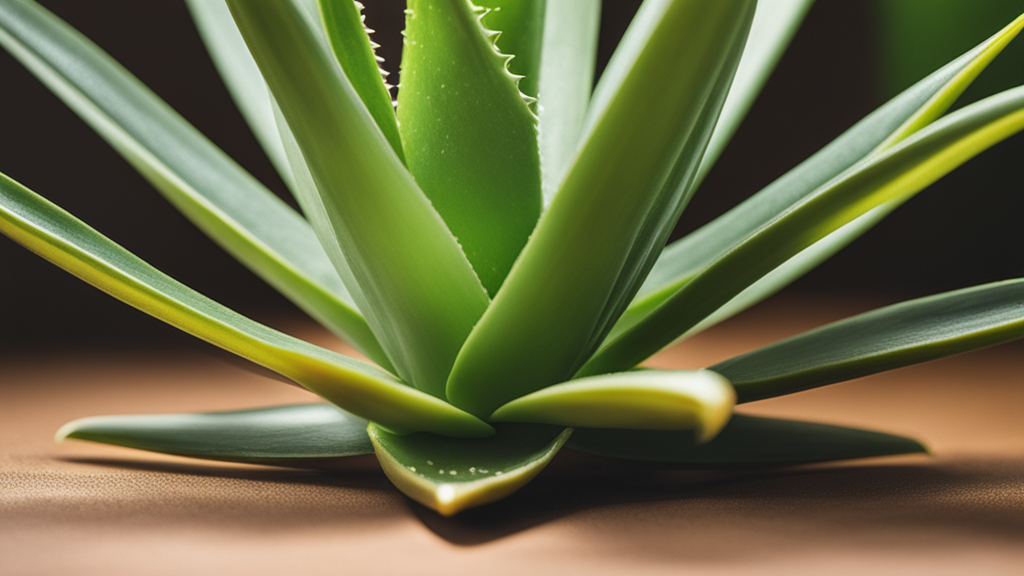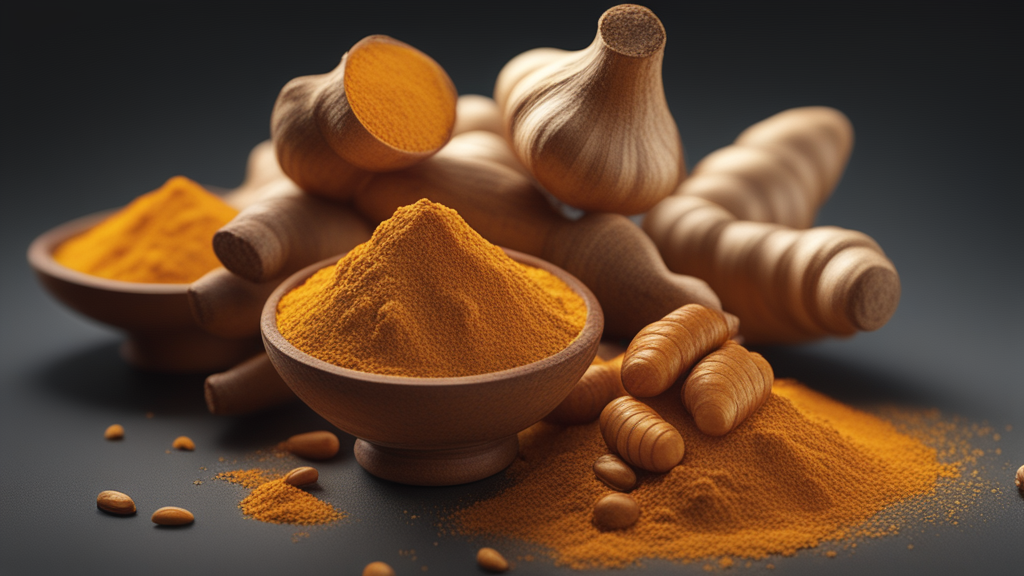Maintaining balanced blood sugar levels is crucial for your overall health, especially if you’re managing diabetes or prediabetes. High blood sugar levels, if left unchecked, can lead to serious health complications. Fortunately, several natural remedies can help you reduce blood sugar levels quickly and safely. In this article, we’ll explore the top 10 most effective natural remedies for lowering blood sugar, backed by research and expert advice.
1. Cinnamon
Cinnamon is one of the most well-known natural remedies for managing blood sugar levels. Studies have shown that cinnamon can improve insulin sensitivity, helping your body process glucose more effectively. Consuming just half a teaspoon of cinnamon daily can reduce blood sugar levels and improve overall glycemic control.
How to Use: Add cinnamon to your morning coffee, oatmeal, or smoothies. You can also take it as a supplement in capsule form.
2. Apple Cider Vinegar
Apple cider vinegar (ACV) is another powerful natural remedy for lowering blood sugar levels. It works by improving insulin sensitivity and slowing the rate at which food empties from your stomach, preventing rapid spikes in blood sugar.
How to Use: Mix one to two tablespoons of ACV in a glass of water and drink it before meals. If the taste is too strong, you can add a little honey or use it as a salad dressing.
3. Fenugreek Seeds
Fenugreek seeds are rich in soluble fiber, which can help control blood sugar levels by slowing down the absorption of carbohydrates. Several studies have shown that fenugreek can significantly reduce fasting blood sugar levels in people with diabetes.
How to Use: Soak a tablespoon of fenugreek seeds in water overnight and drink the water (along with the seeds) on an empty stomach in the morning.
4. Bitter Melon
Bitter melon is a traditional remedy that has been used for centuries to manage blood sugar levels. It contains compounds that mimic insulin and help bring glucose into the cells for energy. This can lower blood sugar levels effectively.
How to Use: You can consume bitter melon as a juice, in stir-fries, or take it in supplement form. Drinking bitter melon juice on an empty stomach is particularly effective.
5. Aloe Vera
Aloe vera isn’t just for skincare—it’s also beneficial for managing blood sugar levels. It has anti-inflammatory properties and can improve insulin sensitivity, leading to lower blood sugar levels.
How to Use: Aloe vera juice can be consumed daily. Start with a small amount (about one to two tablespoons) and gradually increase the dosage. Ensure the juice is free of added sugars.
6. Ginger
Ginger is another powerful natural remedy that can help regulate blood sugar levels. It works by improving insulin sensitivity and reducing oxidative stress, both of which are important for managing diabetes.
How to Use: You can incorporate ginger into your diet by adding it to teas, smoothies, or meals. Ginger supplements are also available.
7. Berberine
Berberine is a compound found in several plants, including goldenseal and barberry. It has been extensively studied for its ability to lower blood sugar levels. Berberine works by activating an enzyme called AMPK, which helps regulate blood sugar levels.
How to Use: Berberine is available in supplement form. The typical dosage is 500 mg, taken two to three times per day before meals.
8. Turmeric
Turmeric contains curcumin, a compound with powerful anti-inflammatory and antioxidant properties. Curcumin can help lower blood sugar levels by improving insulin sensitivity and reducing inflammation.
How to Use: Add turmeric to your cooking, or take it as a supplement. Combining turmeric with black pepper can enhance its absorption.
9. Holy Basil (Tulsi)
Holy basil, also known as Tulsi, is a traditional herb with numerous health benefits, including blood sugar management. It has been shown to lower blood sugar levels and improve the function of beta cells, which store and release insulin.
How to Use: You can drink holy basil tea or take it as a supplement. Fresh holy basil leaves can also be added to salads or used in cooking.
10. Garlic
Garlic is not only great for adding flavor to dishes but also for managing blood sugar levels. It has been shown to increase insulin secretion and improve insulin sensitivity, helping to lower blood sugar levels.
How to Use: Incorporate raw garlic into your meals, or take it as a supplement. Eating one or two cloves of raw garlic daily can be particularly effective.
Additional Tips for Lowering Blood Sugar Levels Quickly
In addition to these natural remedies, consider these tips to help manage your blood sugar levels:
- Stay Hydrated: Drink plenty of water to help your kidneys flush out excess sugar through urine.
- Exercise Regularly: Physical activity helps your muscles use glucose for energy, lowering blood sugar levels.
- Eat a Balanced Diet: Focus on whole foods, including vegetables, lean proteins, and healthy fats. Avoid refined carbs and sugary foods.
Q&A: Frequently Asked Questions
Q1: How quickly can these remedies lower blood sugar levels?
A1: The effectiveness and speed of these remedies can vary depending on the individual. Some people may see results within a few hours, while others may need several days to notice a difference. It’s important to monitor your blood sugar levels regularly and consult with a healthcare provider before making any significant changes to your regimen.
Q2: Can I use these remedies if I’m already taking medication for diabetes?
A2: Yes, but it’s crucial to consult with your healthcare provider before combining natural remedies with diabetes medications. Some remedies may interact with your medication, leading to hypoglycemia (low blood sugar).
Q3: Are there any side effects associated with these natural remedies?
A3: Most of these remedies are safe when consumed in moderation. However, some people may experience side effects such as digestive discomfort or allergic reactions. Start with small amounts to see how your body reacts, and always consult with a healthcare provider if you have any concerns.
Q4: Can these remedies be used as a substitute for diabetes medication?
A4: While these remedies can help manage blood sugar levels, they should not be used as a replacement for prescribed medications without consulting your healthcare provider. They can be used as a complementary approach to support your overall diabetes management plan.
Q5: How should I incorporate these remedies into my daily routine?
A5: Start by adding one or two remedies to your daily routine and gradually incorporate more as needed. Consistency is key, so try to use them regularly alongside a healthy diet and lifestyle.
















